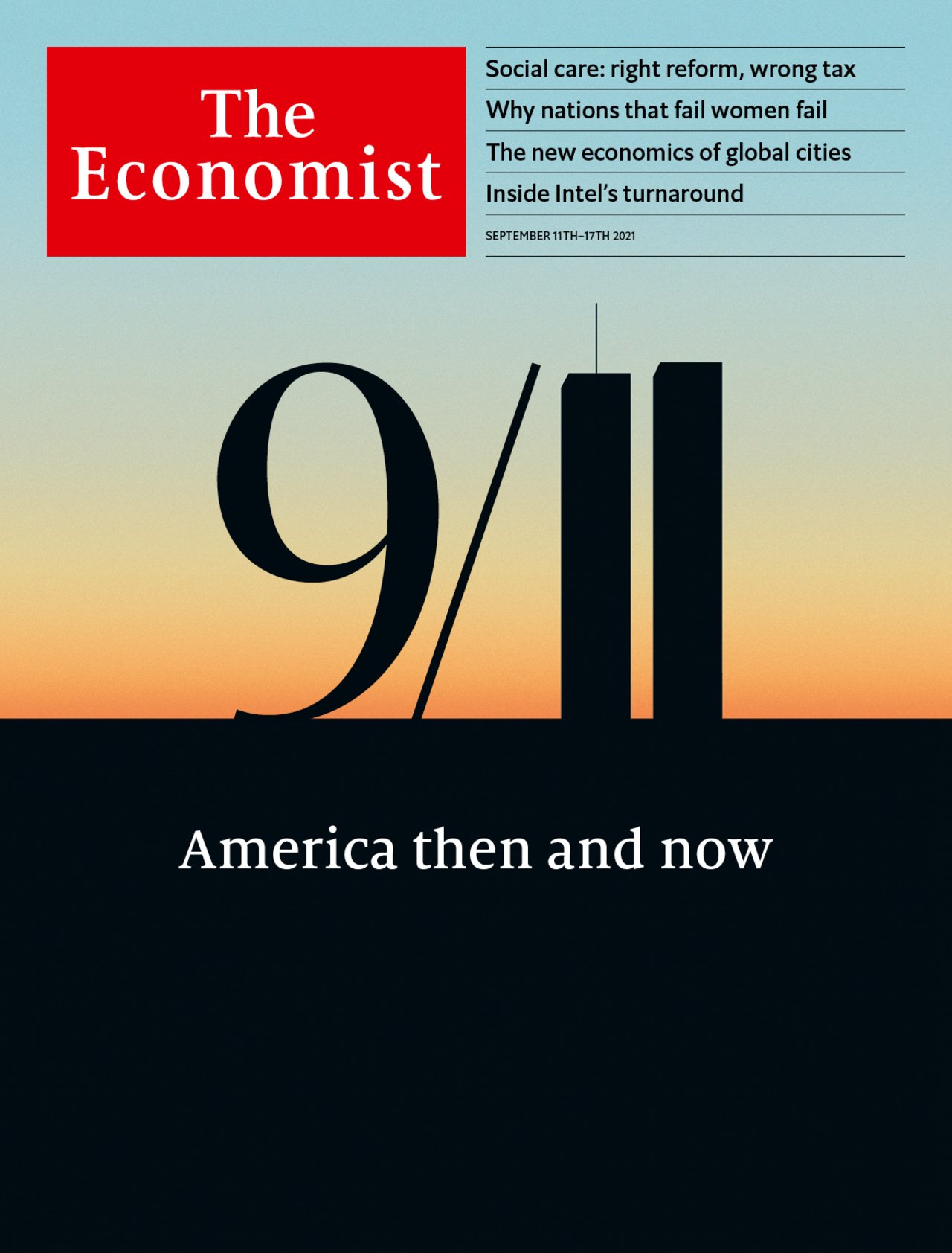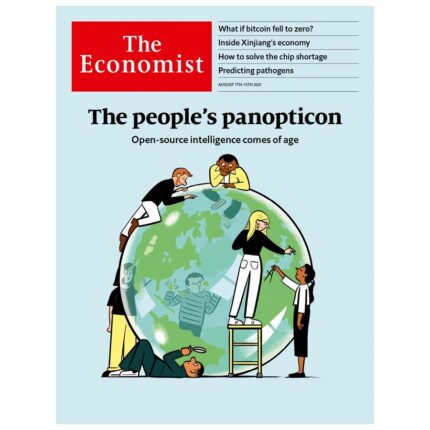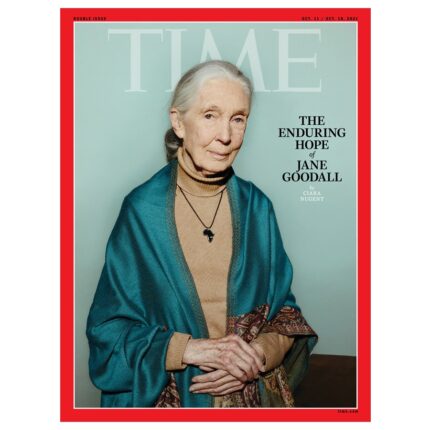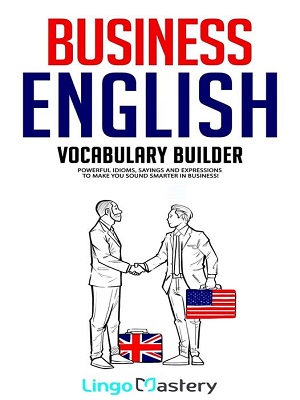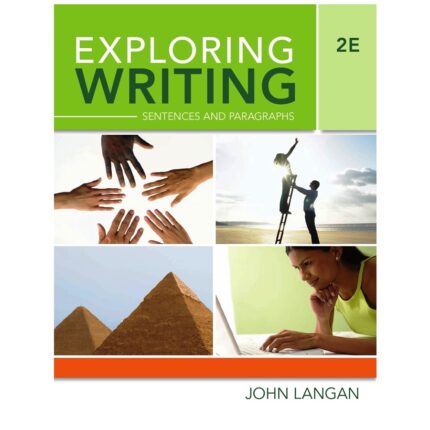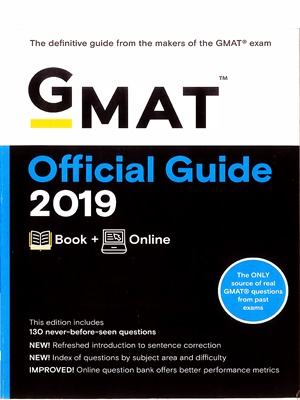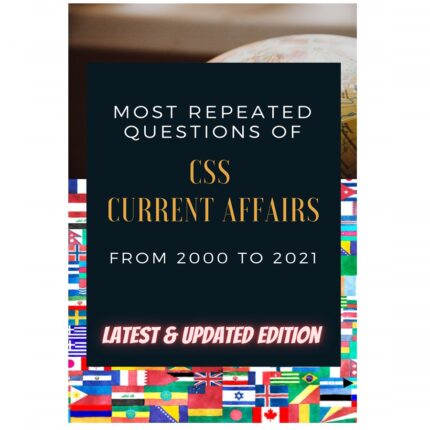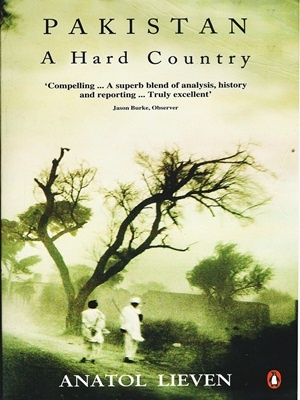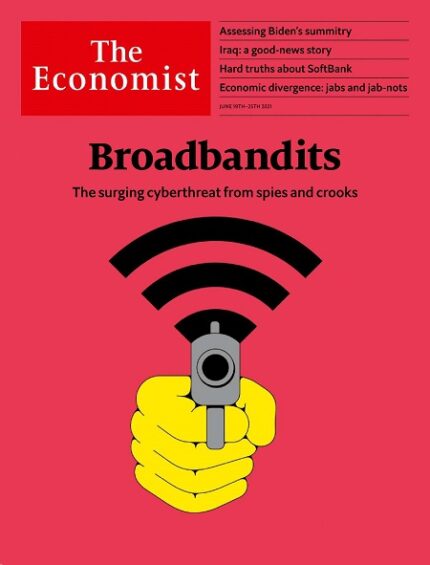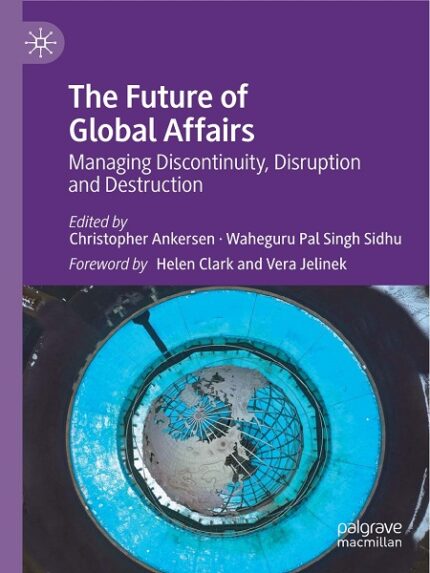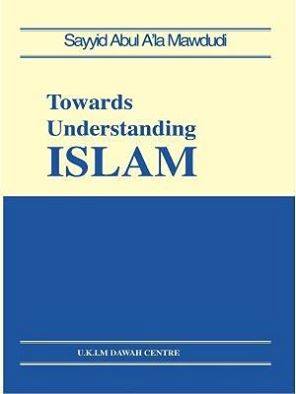The Economist Magazine 17th September 2021 Twenty years ago America set out to reshape the world order after the attacks of September 11th. Today it is easy to conclude that its foreign policy has been abandoned on a runway at Kabul airport. President Joe Biden says the exit from Afghanistan was about “ ending an er a” of distant w ars, but it has left America’s allies distraught and its enemies gleeful. Most Americans are tired of it all: roughly twothirds say the w ar wasn’t worth it. Yet the national mood of fatigue and apath y is a poor guide to America’ s future role in the world. Its capabilities remain formidable and its strategy can be retooled for the 21st century, provided the right lessons are drawn from the post9/ 11 era.
The murder of 3,000 people on American soil provoked a reaction that highlighted America’ s “uni polar moment” . F or a while, it appe ared to ha ve uncontested power (see Briefing). President George W . Bush declared that the world w as either with America or against it. nato said the assault on the twin towers was an attack on all its members. Vladimir Putin pledged Russian military cooper ation; Condoleezza Rice, then the national security adviser, called this the re al end of the cold w ar. The e ase with which Americanled forc es routed the T aliban seemed to augur a new kind of lighttouch warfare: 63 days after September 11th, Kabul fell. There ha ve been enduring achievements sinc e then. Counter terrorism efforts have improved: Osama bin Laden is dead and no remotely comparable attack on America has succeeded. Lower Manhattan has been rebuilt in style (see United States section).
But for the most part the legacy of the response to September 11th has been a bitter one. The mission to crush alQaeda morphed into a desire for regime change and nationbuilding that delivered unconvincing results in Afghanistan and Iraq, at a huge human and fiscal cost. Iraq’s weapons of mass destruction were a mirage. America broke its taboo on torture and lost the moral high ground. The initial, illusory, sense of clarity about when it should intervene militarily faded into indecision, for example over Syria’s use of chemical weapons in 2013. At home the spirit of unity quickly evaporated and America’s toxic divisions mocked its claim to have a superior form of government. The mire in the Middle East has been a distraction from the real story of the early 21st century, the rise of China. The Economist Magazine 17th September 2021
[button url=”https://thecsspoint.com/link/9064″ class=”” bg=”” hover_bg=”” size=”0px” color=”” radius=”0px” width=”0px” height=”0px” target=”_self”] DOWNLOAD NOW [/button]






